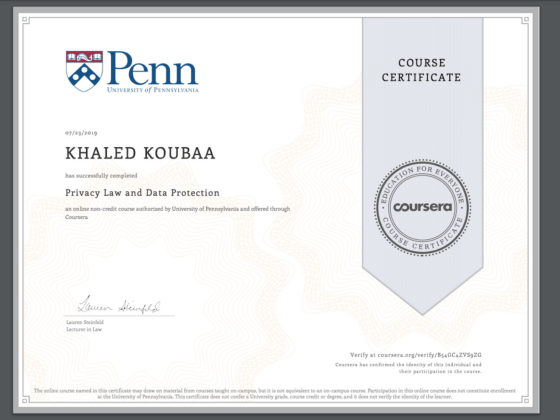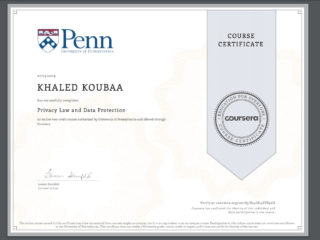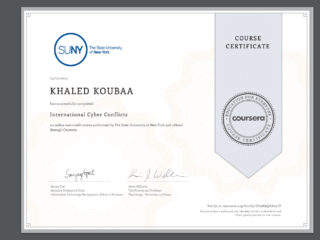In this course, we learned about the critical legal, regulatory, and policy issues associated with cryptocurrencies, initial coin offerings, online lending, new payments and wealth management technologies, and financial account aggregators. In addition, we learned how regulatory agencies in the U.S. are continually adjusting to the emergence of new financial technologies and how one specific agency, the Office of the Comptroller of the Currency, has proposed a path for FinTech firms to become regulated banks.
The Evolving Relationship Between FinTechs, Regulators, and Traditional Financial Institutions
This module begins with a preview of the key regulatory challenges facing FinTech firms and provides several examples of what can happen when FinTech firms fail to comply with applicable laws and regulations. We then look at how the FinTech industry has evolved post-2008 – from a disrupt mentality to one of “strategic partnership” – along with corresponding FinTech industry investment trends. Next, we examine the challenges regulators face in responding to new FinTech developments and detail how several U.S. regulatory agencies have adjusted thus far. We conclude this module by exploring one specific regulatory approach, known as a “sandbox,” that has been deployed in other countries and in one U.S. state.
Cryptocurrency and Initial Coin Offerings
This module first provides an overview of cryptocurrencies and distributed ledger technology, and then examines how cryptocurrency is regulated by various state and federal agencies. You will also learn how cryptocurrency is regulated as: money, a commodity, and property. The module concludes with an examination of initial coin offerings and their regulatory treatment.
FinTech Lending
This module will introduce you to the various types of FinTech lending models and the regulatory treatment of these lenders. You will learn how many FinTech lenders are partnering with regulated banks to get around the state-by-state restrictions that apply to non-bank lenders.
Banking Regulation in the U.S.
Many FinTech firms are interested in becoming regulated banks. This module will teach you about the process of becoming a bank and the government agencies responsible for regulating banks in the U.S. We will look at the Office of the Comptroller of the Currency’s proposal to grant a new type of bank charter specifically for FinTech firms and the options currently available to FinTech firms that would like to become a bank.
FinTech Payments, Wealth Management, and Account Aggregation
The final module begins with an overview of the legal framework applicable to legacy payment systems in the U.S., followed by a review of how some FinTech firms are building on top of these systems to provide faster, more convenient, consumer payments while other FinTech firms are bypassing these systems all together by utilizing distributed ledger technology. From there we examine new technologies being deployed in the wealth management industry, including the use by some firms of “robo-advisors” to allocate investors’ portfolios using algorithms based on the investors’ data and risk preferences. You will see that robo-advisors are subject to the same oversight as traditional investment advisers. The module concludes by exploring the legal issues surrounding FinTech companies that allow consumers to aggregate the information from their various financial accounts.










